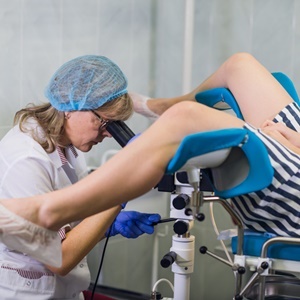
New guidelines now recommend yearly urinary incontinence screenings for all women.
But some experts say such screening needs to be introduced with caution.
Urinary incontinence (loss of bladder control) affects about 51% of women and can harm their physical, functional and social well-being, according to the American College of Physicians. But many women are reluctant to discuss urinary incontinence with their health care providers, and the condition is often overlooked.
According to the South African Urogynaecology Association there is a lack of studies regarding the prevalence of UI in South African women. However, on their site they mention, "It has been suggested that the prevalence of incontinence and urinary dysfunction globally is lower in Black and Asian women than in White women. However, in the Western Cape the prevalence of daily UI in Black women was 17.2%, in Cape Coloured women 12.8% and in White women 13.2%."
New guidelines
The new guidelines from the Women's Preventive Services Initiative (WPSI) call for annual screening to determine if a woman has urinary incontinence and whether it affects her daily activities and quality of life.
If treatment is warranted, the patient should be referred for further evaluation, according to the guidelines. They were published in the journal Annals of Internal Medicine.
An accompanying review by Oregon Health and Science University researchers of published studies on urinary incontinence screening found that none of the studies evaluated the overall effectiveness or harms of screening.
There was limited evidence that when used by primary care doctors, screening with short questionnaires is fairly accurate in identifying symptoms of urinary incontinence, the review found.
Early treatment
Despite the lack of direct evidence, the WPSI said screening has the potential to identify urinary incontinence in many women who keep silent about the condition, and noted that early treatment may prevent worsening symptoms, improve quality of life, and reduce the chances of more complex and costly treatment.
In an accompanying editorial, experts at the Women's Health Research Program at Monash University in Melbourne, Australia, wrote that implementing this type of screening is a very serious responsibility and should be introduced with caution.
They said a randomised trial to assess the benefits and harms of urinary incontinence screening is needed before it is introduced for all women.
Image credit: iStock




 Publications
Publications
 Partners
Partners














